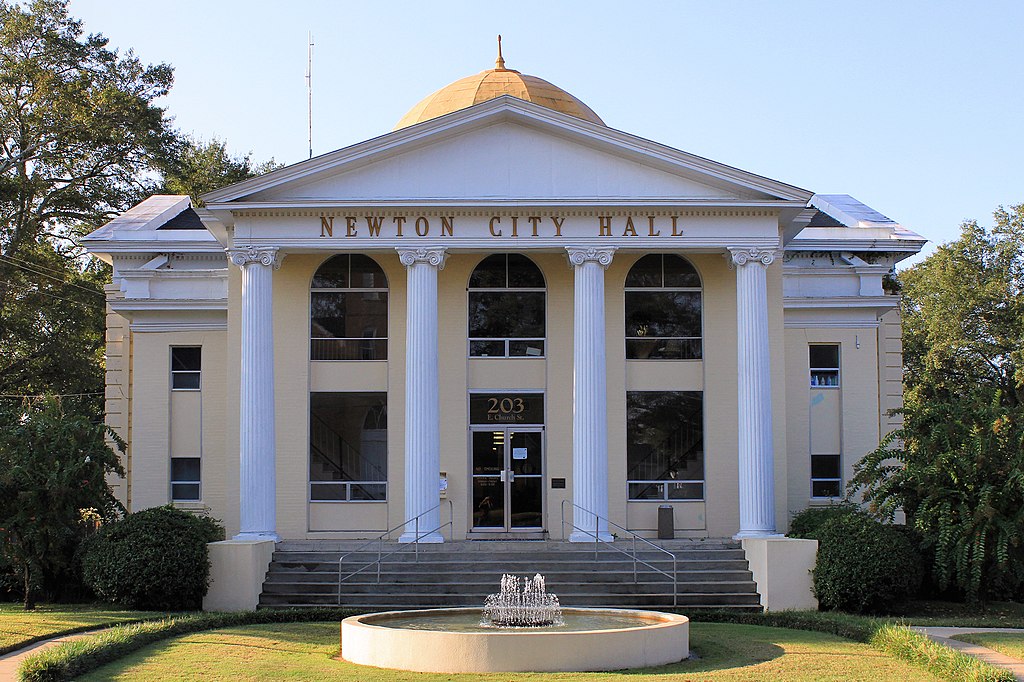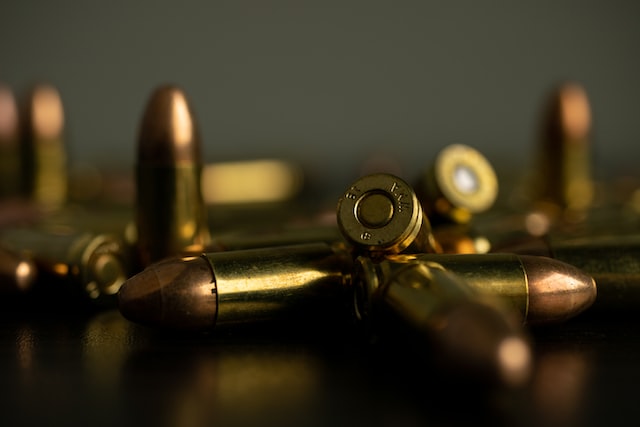Getting an FFL manufacturing license is generally equal in difficulty to acquiring any other type of Federal Firearms License.
However, there are some special considerations applicants should be aware of before going forward.
General, city and county governments have stricter regulations when it comes to manufacturing .
In many jurisdictions, firearms manufacturing in particular will have additional requirements.
FFL Zoning and Occupational Licensing
Contact the departments having jurisdiction over zoning and occupational licensing.
As an FFL manufacturing license applicant, you must always make sure you have contacted the local government.
To ensure your proposed business will be approved, detail your plans to the local authorities
You’ll find that the regulations governing manufacturing in general are stricter in many jurisdictions
Additional requirements beyond what other types of manufacturing require may apply to your firearms business.
Home based firearms manufacturing may be problematic even in jurisdictions that have more liberal requirements,
FFL Local Approval
One thing to note here. A common practice among FFL applicants is to contact local law enforcement to get approval.
Law enforcement officials mostly have no role in approval of occupational licenses / zoning permits.
Approach like any other business venture. The city or county will have procedures for persons who wish to conduct business within their city or county. Applying for an FFL is a business venture and you need to follow the same rules as any other business.
Its also very important to ensure there are no state prohibitions to manufacturing the type of firearms you plan to manufacture. Especially in the case of NFA items, suppressors, short barrel rifles, machine guns, etc. Do not take it for granted that your state allows for the manufacture of certain NFA items, or that the state requirements for permits are not prohibitive.

NFA SOT Stamp Classes
If you will engage in the manufacture of firearms regulated under the National Firearms Act, you will have to pay a Special Occupational Tax (SOT). For manufacturers the appropriate Class stamp is the Class 2 SOT; not the Class 3.
After you receive your license, you should fill out ATF F 5630.7 and forward it to ATF with the appropriate payment.
Keep in mind that the government does not prorate the tax. The tax year runs from July 1st to June 30th. If you pay the tax in May for example, you will have to pay again in June for the upcoming tax year.
Ammunition Manufacturing

As a Type 07 manufacturer, an FFL has authority to manufacture ammunition (other than armor piercing or destructive device ammunition) without obtaining a separate license.
An FFL cannot ignore or violate state law and local ordinances because an activity is authorized under the federal law.
You must ensure that any activity you engage in under the FFL, does not violate state law and local ordinances.
Before engaging in any firearms or ammunition manufacturing business, an FFL must acquire permits or fulfill other requirements particular to that activity.
ATF will issue violations for failing to comply with state law and local ordinances. ATF may begin revocation proceedings if the violations are determined to be willful,
Contact
If you need assistance or clarification on any of the above call us at 786-587-8827 for a free consultation, use the form on this page, or contact jr@fflconsultinggroup.com.
